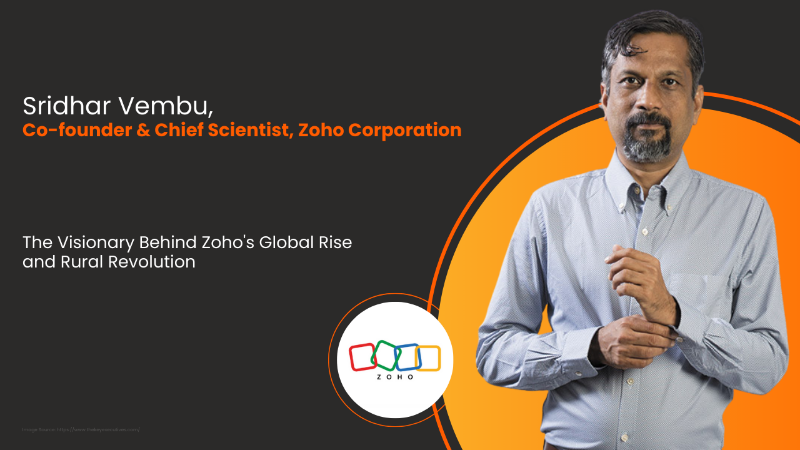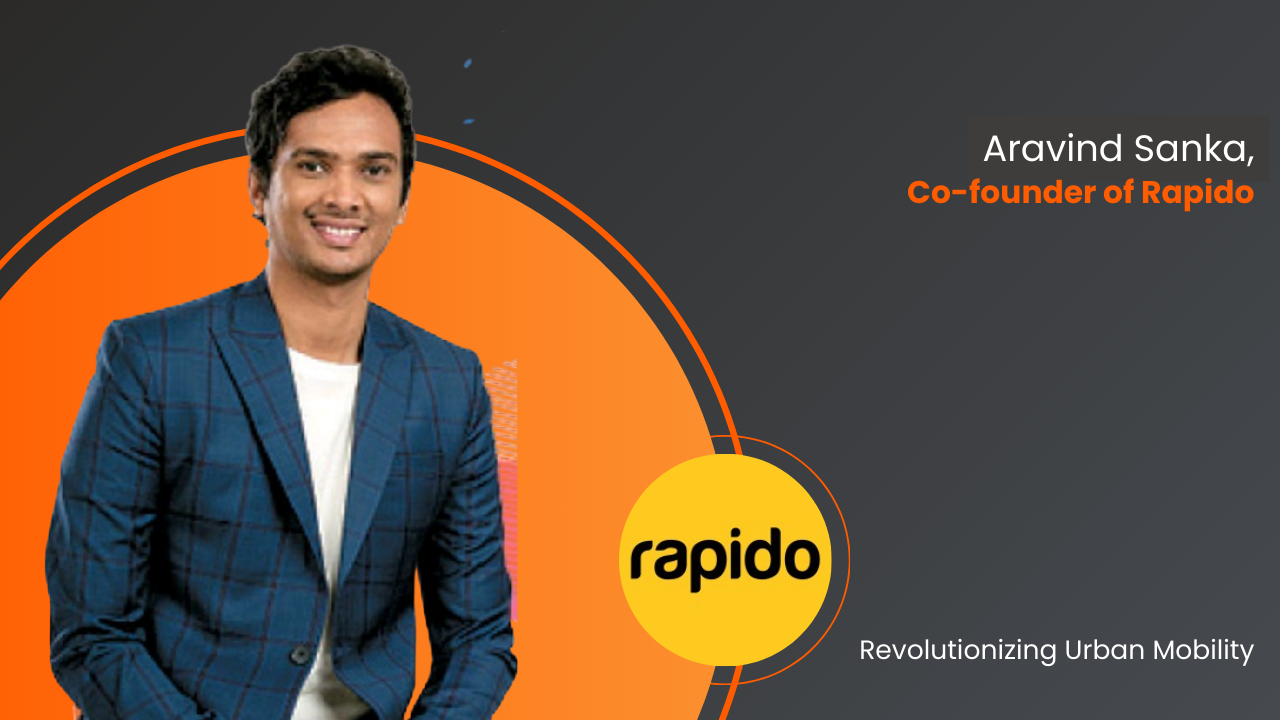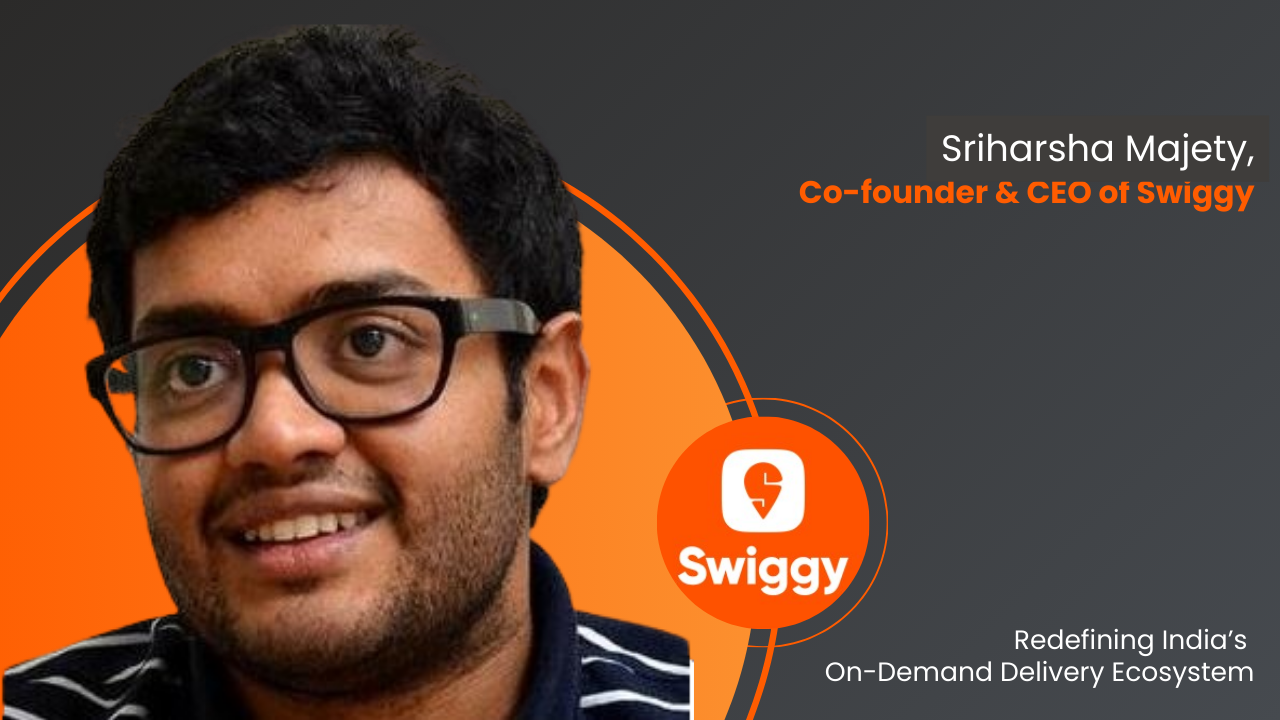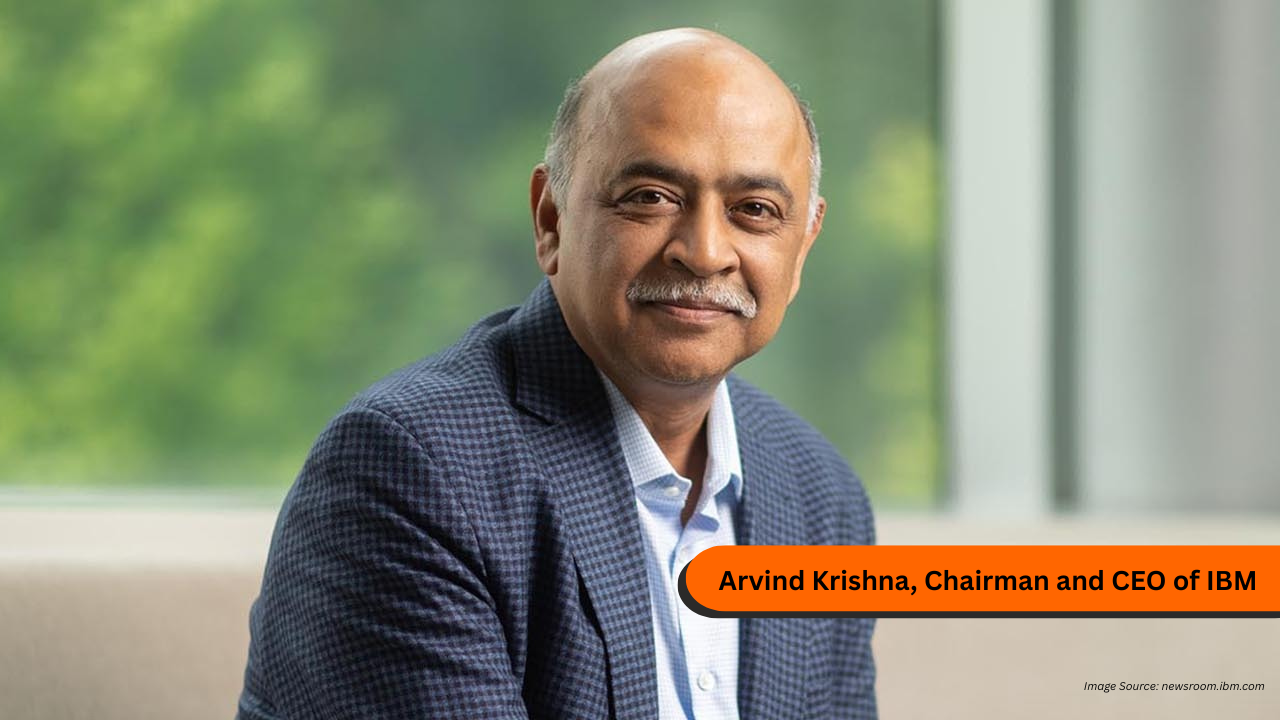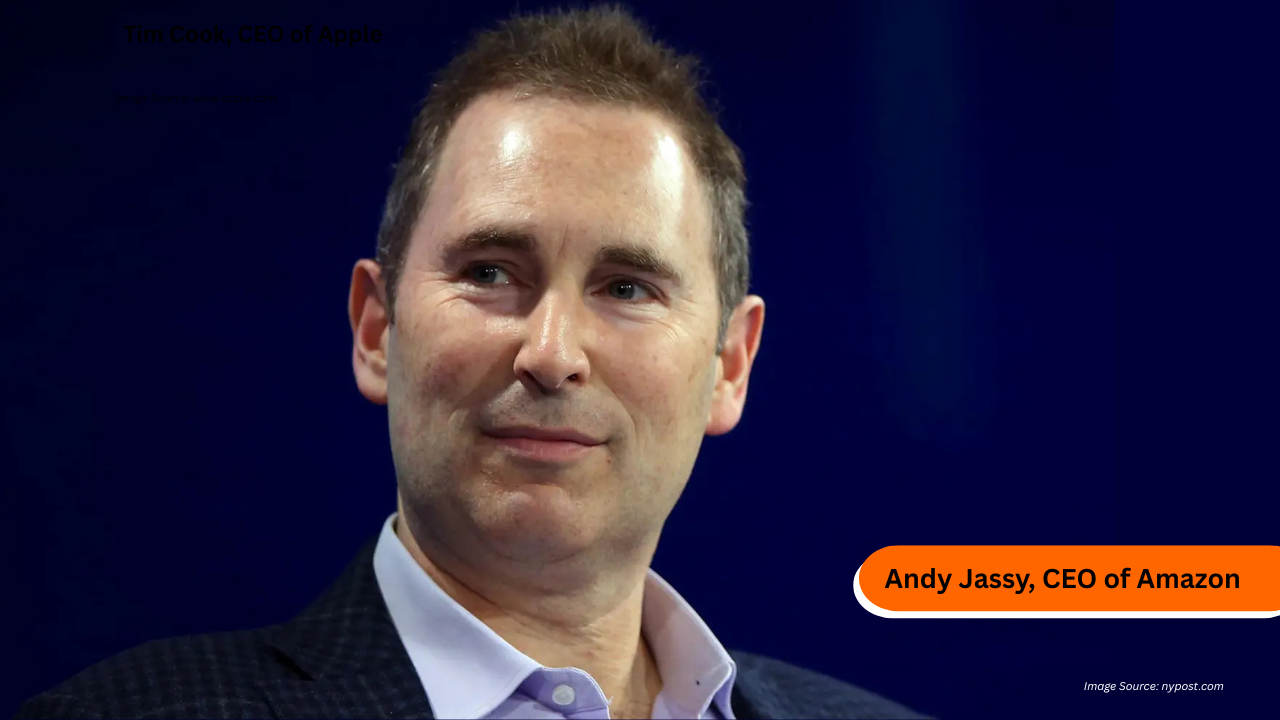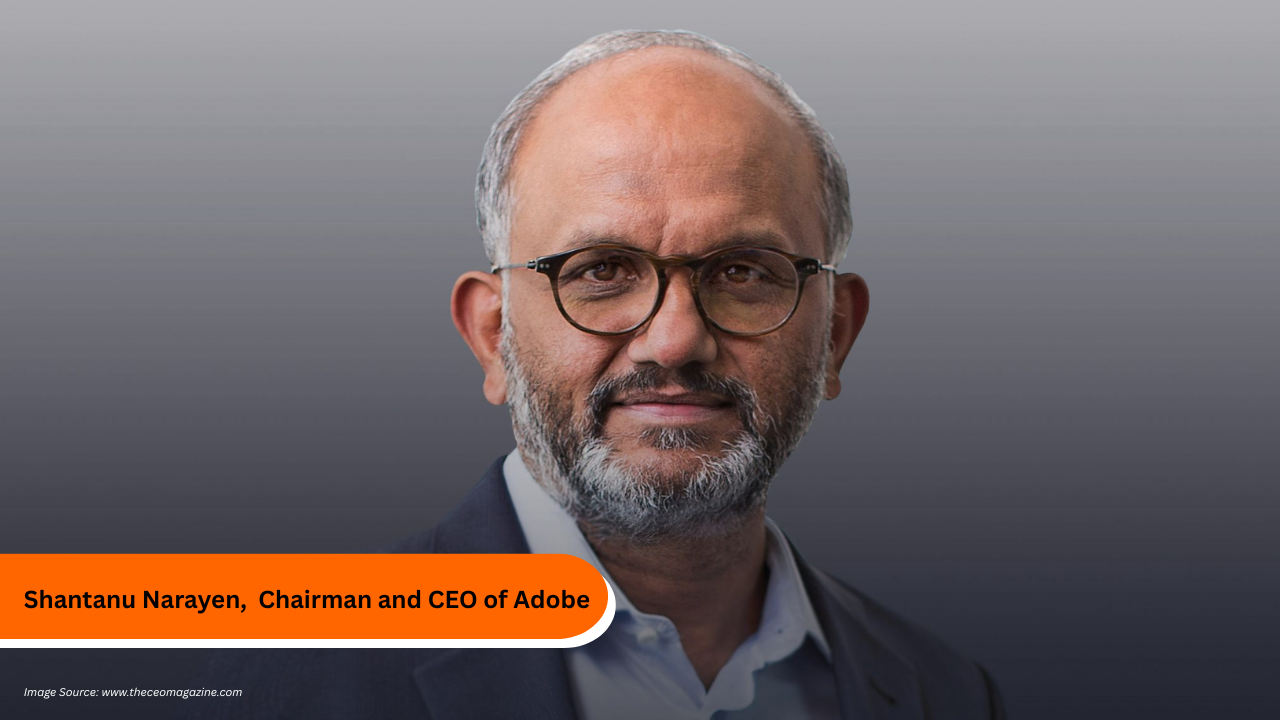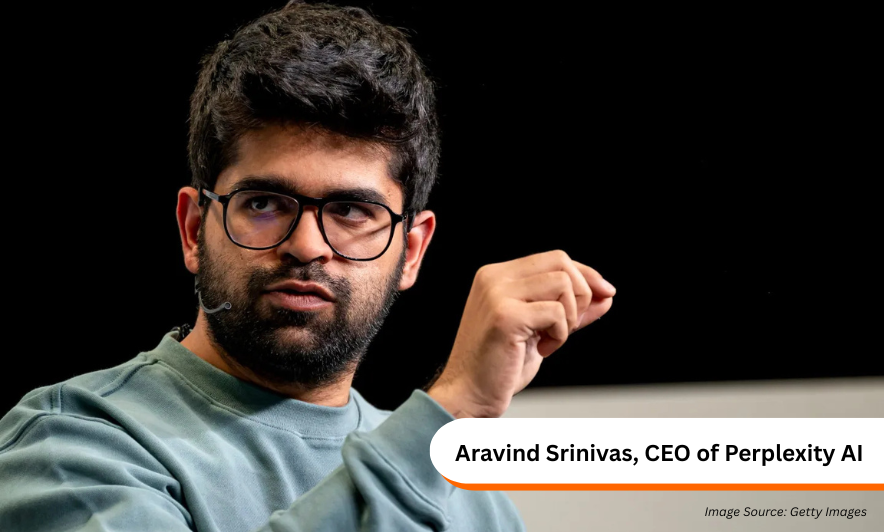Sridhar Vembu, co-founder of Zoho Corporation, is a visionary entrepreneur who built a global SaaS giant without external funding. With a philosophy of independence, rural innovation, and social impact, he redefined tech entrepreneurship by creating world-class software from villages in Tamil Nadu while empowering local talent through Zoho Schools. His journey proves that sustainable, ethical, and inclusive growth can rival Silicon Valley success stories.
Sridhar Vembu is a rare and principled tech visionary who has redefined the path to building a global software company. As the founder of Zoho Corporation, he has grown one of the world’s most respected SaaS businesses without raising a single dollar in external funding. His philosophy centers on long-term thinking, innovation through independence, and a deep commitment to social impact. By relocating to a village in Tamil Nadu and establishing rural offices and Zoho Schools, Vembu has championed inclusive development while proving that world-class technology can emerge from unconventional roots.
Early Life and Academic Background
Sridhar Vembu was born in 1968 in a modest village in Tamil Nadu’s Thanjavur district. He began his education in a Tamil-medium government school, a humble start that did not deter his academic ambitions. His exceptional aptitude led him to the prestigious Indian Institute of Technology, Madras, where he earned a degree in Electrical Engineering in 1989. Driven by a passion for deeper knowledge, Vembu pursued higher studies in the United States, completing both his MS and PhD in Electrical Engineering from Princeton University. This strong academic foundation laid the groundwork for his future contributions to technology and innovation.
Career Beginnings
After completing his PhD at Princeton University, Sridhar Vembu began his professional journey in 1994 at Qualcomm, a leading semiconductor and telecommunications company. As a wireless systems engineer, he gained valuable industry experience working on cutting-edge technologies in San Diego and later in Silicon Valley. This role provided him with deep insights into the tech industry and laid the foundation for his future entrepreneurial ventures.
Founding Zoho Corporation
In 1996, Sridhar Vembu co-founded AdventNet in Chennai with the aim of developing software for network equipment providers. As the technology landscape shifted, the company evolved to embrace the growing demand for cloud-based solutions. By the mid-2000s, AdventNet transitioned into the SaaS domain and rebranded as Zoho Corporation in 2009. Under Vembu’s visionary leadership, Zoho emerged as a global leader in enterprise software, offering a suite of over 50 integrated applications spanning CRM, email, finance, HR, and more. Today, Zoho serves millions of users worldwide and is widely admired for its commitment to user privacy, product innovation, and its unique bootstrapped growth model.
Zoho Products Timeline & Evolution
Under the Leadership of Sridhar Vembu
Early Years (2005–2010): Core Productivity Tools
Zoho began by building foundational cloud-based productivity and business tools.
Year | Product | Description |
2005 | Zoho Writer | Online word processor |
2006 | Zoho Sheet | Online spreadsheet tool |
2006 | Zoho Show | Presentation software |
2006 | Zoho CRM | Customer relationship management system |
2006 | Zoho Creator | Low-code application builder |
2007 | Zoho Projects | Project management platform |
2008 | Zoho Mail | Secure business email hosting |
Growth Phase (2011–2015): Business Tools Expansion
Zoho extended its portfolio with tools for finance, recruitment, support, and marketing.
Year | Product | Description |
2011 | Zoho Books | Online accounting software |
— | Zoho Invoice | Invoicing and billing solution |
2012 | Zoho Recruit | Applicant tracking system |
— | Zoho Support (now Zoho Desk) | Customer support help desk |
— | Zoho Meeting | Web conferencing and online meeting tool |
— | Zoho Campaigns | Email marketing and automation |
— | Zoho Reports (now Zoho Analytics) | BI and reporting platform |
Zoho One Era & Diversification (2016–2020): Unified SaaS Suite
With the launch of Zoho One, the company embraced a unified approach, bundling 40+ apps.
Year | Product | Description |
2017 | Zoho One | All-in-one business operating system |
— | Zoho Desk (Rebranded) | Omnichannel customer service software |
— | Zoho People | HR and employee management |
— | Zoho Inventory | Inventory and order management |
— | Zoho Cliq | Team communication app (Slack alternative) |
— | Zoho Sign | Digital signature platform |
— | Zoho Vault | Secure password manager |
— | Zoho Subscriptions | Subscription billing software |
— | Zoho Checkout | Payment collection and donation tool |
— | Zoho Flow | Workflow automation platform |
— | Zoho Sprints | Agile project management tool |
— | Zoho PageSense | Website A/B testing and optimization |
— | Zoho Backstage | Event planning and management |
— | Zoho WorkDrive | Team-based cloud file management |
Recent Innovations (2021–2024): AI, Remote Work & Specialization
Focusing on AI, industry-specific tools, and hybrid work models.
Year | Product | Description |
— | Zoho Lens | AR-based remote support software |
— | Zoho Commerce | E-commerce website and operations platform |
— | Zoho Marketing Automation | Multi-channel campaign automation |
— | Zoho Learn | Corporate learning and knowledge management |
— | Zoho DataPrep | Data cleansing and preparation for analytics |
— | Zoho Contracts | Contract lifecycle management |
— | Zoho Payroll | Payroll software (India & US editions) |
2023 | Zoho FSM | Field Service Management tool |
— | Zoho TeamInbox | Shared inbox for team collaboration |
2023 | Zoho Trident | Unified email, chat, calls, and tasks in one app |
— | Zoho ZeptoMail | Transactional email delivery platform |
~2018– | Zia (AI Assistant) | AI-powered assistant integrated across Zoho apps |
A Unique Philosophy: Rural Innovation and Bootstrapping
Sridhar Vembu is widely recognized for challenging conventional startup norms. He deliberately chose not to pursue venture capital, instead focusing on building a sustainable and profitable business from the ground up. Zoho remains a fully bootstrapped company, guided by a long-term vision and a strong internal culture that prioritizes independence and innovation. This approach has allowed the company to grow organically while maintaining full control over its direction and values.
Vembu’s commitment to decentralization and inclusive development is reflected in his decision to move Zoho’s operations into rural India. He established offices in towns like Mathalamparai and Tenkasi in Tamil Nadu, creating employment opportunities and nurturing local talent outside traditional urban tech hubs. In 2004, he also founded Zoho Schools of Learning, an alternative education initiative that trains high school graduates in software development and other technical skills. This program empowers students to join Zoho directly, bypassing conventional college degrees and fostering a new model of accessible, skills-based education.
Achievements and Recognitions
Sridhar Vembu has received numerous accolades for his contributions to technology and society:
· Padma Shri (2021) – One of India’s highest civilian honors for distinguished service in trade and industry.
· EY Entrepreneur of the Year (2019) – Recognized for building a globally successful enterprise with a unique approach.
· CNN-News18 Indian of the Year (2022) – Honored for redefining the Indian tech landscape.
Leadership Style, Vision, and Philosophy
Sridhar Vembu’s leadership style is defined by humility, empowerment, and commitment to long-term thinking. He believes in nurturing talent from within rather than acquiring it externally, fostering a culture where employees are encouraged to grow and innovate with minimal oversight. At Zoho, this philosophy has created an environment of trust and autonomy, allowing the company to thrive without the pressures of external funding or rapid scaling. Vembu’s vision for technology is grounded in ethics and accessibility, with a strong emphasis on data privacy and user respect—values he believes are often overlooked in the mainstream tech industry.
Instead of chasing rapid growth or high valuations, Vembu focuses on deep innovation and self-reliance. His approach challenges the norms of Silicon Valley, proving that a bootstrapped company can achieve global success while staying true to its principles. He has consistently advocated for building technology that lasts, serves real needs, and respects user rights. This philosophy has not only shaped Zoho’s product strategy but also its internal culture, where long-term thinking and sustainable growth are prioritized over short-term gains.
Vembu’s vision extends beyond business into social transformation. By relocating to rural Tamil Nadu and establishing offices in towns like Mathalamparai and Tenkasi, he has created meaningful employment opportunities and built a talent pipeline outside traditional urban centers. In 2004, he founded Zoho Schools of Learning, an alternative education initiative that trains high school graduates in software development and other technical skills. This program empowers students to join Zoho directly, bypassing conventional college degrees and reinforcing his commitment to inclusive, grassroots-driven growth.
Current Role and Vision
As of January 2025, Sridhar Vembu stepped down as CEO of Zoho Corporation to take on the role of Chief Scientist. In this new capacity, he is focusing on deep research, product development, and advancing Zoho’s capabilities in emerging technologies, particularly artificial intelligence. Despite the shift in title, Vembu continues to champion self-reliance, grassroots innovation, and privacy-first technology. His mission remains rooted in societal transformation, with a strong emphasis on empowering India’s rural communities through inclusive and sustainable tech-driven development.
Sridhar Vembu’s journey is a powerful testament to the idea that meaningful innovation doesn’t have to originate from flashy cities or billion-dollar funding rounds. Through vision, humility, and resilience, he has built not just a global software enterprise, but a movement rooted in rural empowerment and ethical entrepreneurship. His story continues to inspire a new generation of leaders who dare to think differently, those who believe that technology can be both transformative and inclusive, and that true success lies in creating lasting value for society.

